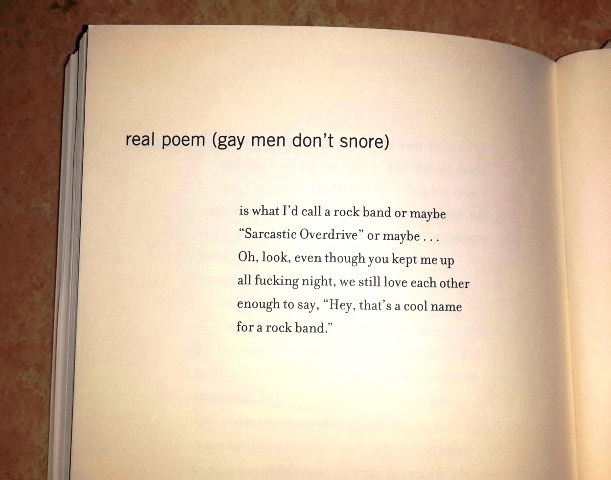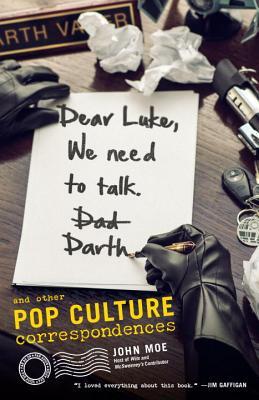I’ll be honest: I’m still not done reading Rachel Zucker’s The Pedestrians.
I have about 5 or 6 more poems to go before the end. The book is sitting on my nightstand in my bedroom; next to which is my middle son who just slipped off to sleep. My other two children are on two different IPADs watching two different age appropriate American television programs. (Go ahead: rate my parenting.)
I could finish The Pedestrians right now. I could snuggle up to the middle son in his sweat lodge and read.
But, I had a thought just now I couldn’t suppress:
Rachel Zucker makes me want to read more poetry.
But more important, she makes me want to write more poetry.
And I couldn’t just keep that to myself.
I had just finished one of the selections in the book titled “paris dream.” It’s one of 13 dream-like poems (others are titled “brooklyn dream,” “egg dream,” “daycare dream.”) Each time I read one of her “dream” poems I notice how I am simultaneously drawn into the poetry and into the dream itself; into the conscious and subconscious levels of the language. I find myself savoring Zucker’s dream in the way I sometimes delight in my own in the minutes just after I wake. I felt the urge to analyze it and was pleased.
I could keep reading Rachel Zucker’s dreams, I thought.
And while I am generally attracted to poems that are “dream-like” (Mark Strand’s work is a good example), Zucker’s dream poems compel me to dig into my own dream journal — the one I started keeping again last week after a two-year hiatus — to fashion gems out of the scribbles there. I’m trying already, but Zucker inspires me to try harder.
I fell for Zucker after reading Museum of Accidents, the themes of which are marriage, parenting children, the writing life, and a brand of existential anxiety found only in the modern first-world. The collection is a brave confessional told through the eyes of a deeply sensitive and somewhat over-thinking (some might say over-brooding) creative woman. I connected to both the content of her poems and the way in which she expressed herself.
I found myself giggling at her often brutally honest depiction of her husband, her marriage, and their sex life; giggles reminiscent of those that spurted out when my college roommate sat on my bed Freshman year and started talking about masturbation. Translated, both set of giggles meant, “You do that, too? AND we’re allowed to talk about it?”
It was through my reading of Zucker, along with poets Eula Biss and Maggie Nelson, that I really started finding my own brave voice in my poetry; and weaving into my prose darker and more daring language and themes.
Pedestrians is just as honest as Museum of Accidents, but I find it less brutal. I don’t know if it’s me that’s changed or Zucker or both of us. In her poems in this collection, I hear a kind of acknowledgment and acceptance of the goodness in her life. Take, for instance, the way she unearths and confesses “we still love each other” in “real poem (gay men don’t snore)”
Or the tenderness and compassion she offers herself in the first sentence of “real poem (personal statement)”:
“I skim sadness like fat off the surface
of cooling soup.”
If we’re to assume the narrator is Zucker herself (and it’s difficult not to since she refers to her husband by name in this collection); I sense that it’s not that Zucker’s sorrow and longing have been replaced with gratitude; but it’s that Zucker has stumbled upon the space in which they may exist together.
And that, perhaps, along with the intimacy she invites in the dream poems, appeals to me. Moreso, as I said above: it makes me want to read and write more poetry. And not for the sake of being heard, or for the sake of future publication or celebrity.
But because poetry is where I go about discovering the goodness in my own life, in my own loves. It’s where I best display tenderness, compassion, and devotion, even when I am being brutally honest.








